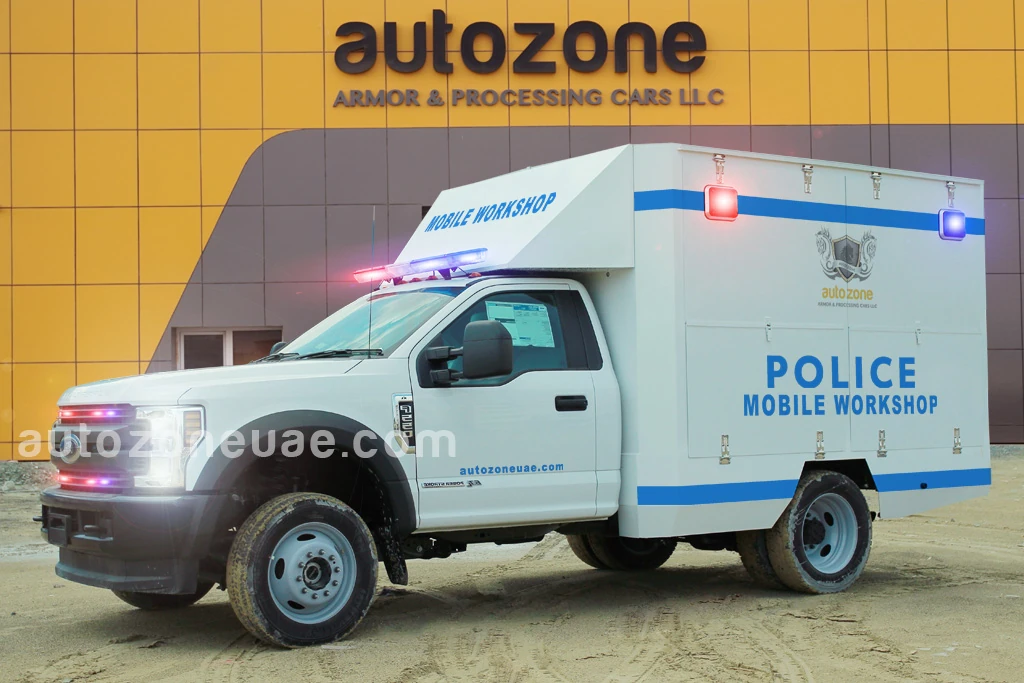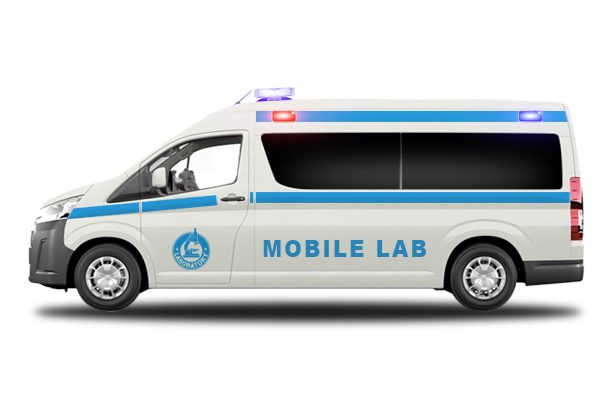In the intricate tapestry of healthcare evolution, one thread remains constant: access. Firstly, it’s the heartbeat driving progress and the ambition pushing boundaries. From the grandeur of towering urban hospitals, architectural marvels pulsing with the latest in medical technology, to the humbler clinics nestled in distant villages, cocooned by nature and serving communities with steadfast dedication, the mission is unchanging. Indeed, every soul, regardless of their postal code or socio-economic status, deserves quality medical attention. Moreover, every heartbeat, every breath, and every life are invaluable.
However, while the intent has been resolute, the path hasn’t always been clear. For instance, geographic vastness, infrastructural challenges, and the relentless march of time have often posed formidable barriers. So, how can you ensure that a person living miles away from the nearest medical facility receives the care they deserve? This puzzle has perplexed many.
Hence, enter the Mobile Medical Units (MMUs). Specifically, these aren’t just vehicles; they’re visions realized. Moreover, they’re the embodiments of innovation, answering that pressing question with grace and agility. MMUs have revolutionized the very concept of healthcare delivery, proving that sometimes, instead of beckoning the world to come to aid, aid must go to the world.
What are mobile medical units?
Specifically, mobile Medical Units, commonly abbreviated as MMUs, represent one of the most innovative solutions in the world of healthcare. At their core, MMUs are much like roving hospitals, prepared to deliver top-tier medical services wherever they go.
Imagine a large vehicle, similar in size to a bus or an extensive truck. Now, instead of seats or cargo, envision the interiors lined with the latest medical equipment and facilities. From examination beds to diagnostic tools, from pharmacies to consultation areas, MMUs are kitted out with all the trappings of a modern hospital.
The primary strength of MMUs lies in their mobility. Traditional hospitals and clinics, though equipped with comprehensive facilities, are static. They wait for patients to come to them. MMUs flip this model on its head. If patients can’t reach healthcare, healthcare reaches them. This is a monumental shift, especially in regions where medical infrastructure might be sparse, distances vast, or roads challenging.
Why the surge in mobile medical unit popularity?
- Global Health Crises: Situations like pandemics highlight the need for flexible healthcare solutions. MMUs can be rapidly deployed to areas experiencing outbreaks.
- Natural Disasters: In the aftermath of earthquakes, floods, or hurricanes, MMUs provide immediate medical relief.
- Rural Outreach: Many regions still lack proper medical facilities. MMUs bridge this gap.
Key components of an MMU:
- Examination Rooms: These are akin to the ones you’d find in hospitals, allowing doctors to conduct thorough check-ups.
- Laboratory Facilities: For on-the-spot diagnostics.
- Pharmacy: Stocked with essential medicines.
- Medical Imaging: X-ray and sometimes even ultrasound machines are part of the package.
- Telemedicine Capabilities: Connecting patients with specialists located miles away
Challenges faced by MMUs:
While MMUs are revolutionary, they aren’t without challenges.
- Infrastructure: Roads in some areas might not be conducive for heavy vehicles.
- Maintenance: Regular upkeep is essential to ensure the longevity of the equipment.
- Skilled Personnel: The need for trained professionals to operate advanced equipment
Why Quality Matters:
In the world of healthcare, where the stakes involve human lives, there’s no room for compromise. The realm of mobile medical units (MMUs) is no exception. While MMUs stand as beacons of hope and accessibility, not all shine with the same luminosity. The disparities in quality can be vast, and the consequences of such differences are profound.
The vehicle itself:
At a foundational level, the vehicle carrying all the medical amenities must be robust and reliable. This isn’t just about smooth rides; it’s about ensuring that the medical equipment and professionals onboard remain safe and functional, even in challenging terrains and conditions. A breakdown in a remote area isn’t just a logistical problem; it could be a matter of life and death.
Onboard Equipment:
Medical equipment is delicate. Precision instruments need to function flawlessly to diagnose and treat patients accurately. Quality MMUs are equipped with state-of-the-art tools, ensuring that each test, scan, or procedure rivals what one would expect in a top-tier hospital. Subpar equipment can lead to misdiagnoses, potentially jeopardizing patients’ health.
Medical Expertise:
An MMU is only as good as its crew. The medical professionals onboard must be not only qualified but also adept at handling the unique challenges presented by mobile healthcare. The blend of clinical expertise and adaptability is crucial. In MMUs, doctors, nurses, and technicians often have to make split-second decisions, and their training and experience play a pivotal role in those moments.
Making the Right Choice:
Given the critical nature of healthcare, choosing the right MMU provider is paramount. It’s not a decision to be made lightly. Stakeholders should undertake thorough research, seeking out providers known for their commitment to quality. AutoZone UAE stands out in this regard. With a diverse range of mobile clinics tailored to cater to specific medical needs, they’ve positioned themselves as champions of quality in the MMU sphere.
The Road Ahead for MMUs:
The potential for MMUs is enormous. With advancements in technology, we can expect these units to be equipped with even more sophisticated medical tools, making them a staple in global healthcare outreach.
Conclusion:
Mobile Medical Units (MMUs) stand as a testament to human ingenuity and compassion. MMUs serve as a reminder that access and prompt intervention are the cornerstones of healthcare in an era where technological sophistication and the opulence of healthcare facilities frequently serve as measures of medical advancements.
The sheer brilliance of MMUs lies not just in their technological prowess but in their philosophy: healthcare shouldn’t wait. MMUs transcend the boundaries of brick and mortar, reach out, and ensure that they leave no individual behind, notice no ailment, and answer every call for help.
In regions where medical facilities are a luxury and in situations where every second counts, MMUs surge forward as beacons of hope. These aren’t just mechanized structures on wheels; they’re embodiments of a promise—a promise of quality care delivered to one’s doorstep.
In reflecting upon the broader tapestry of healthcare, MMUs hold a unique and essential place. They underscore a powerful message: in the pursuit of saving lives, sometimes the hospital needs to journey to the heartbeat. MMUs aren’t mere vehicles; they are, quite literally, lifelines on wheels, forging paths, bridging gaps, and ensuring that healthcare remains an unalienable right, not a distant privilege.

 AR
AR FR
FR







